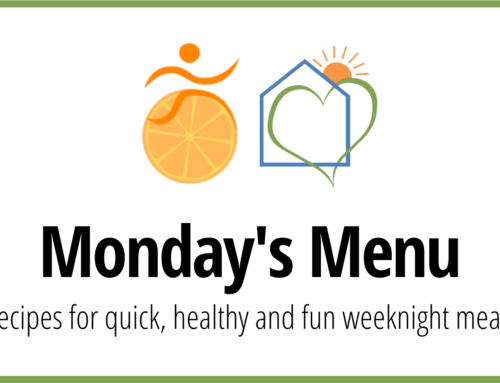Don’t Worry About Anything Except the Horse
Submitted by KJ Dell’Antonia
Sometimes you need to turn your thinking brain off.
Maybe you’re exhausted from a stressful work week. Maybe you’re stalled on a creative project, or facing a hard decision. Your brain goes around and around, marinating and prevaricating on the same facts, problems or alternatives. It’s not fun and it’s not productive, either.
For me, this is the time to get on a horse.
Getting outside is good for almost anything, but when you take a walk, it’s too easy to keep your brain in the same rut you’ve been in. Same goes for bike riding on the road—aside from the terror of cars, it’s easy to think about other things besides the ride. Treadmill running or a familiar gym workout are probably not going to work. But horseback riding—and mountain biking, for me—demands full concentration from a different part of my brain.
We’re all familiar with “flow,” the state of mind made famous by Mihaly Csikszentmihalyi, in which you become so engrossed in your work that you don’t notice the passage of time and gain the sense that things are coming, if not easily, at least steadily. This, too, is flow, but flow for a different part of my mind. I think of it as a flipped flow, or even a flood. I’ve engaged another part of my brain so thoroughly that my creative mind is forced into a holding pattern. I can’t worry about the story or the character’s motivations or whether I’ve properly nailed down the details around some complex event, because I’m entirely focused on the horse.
I can imagine a number of other sports that would achieve the same thing—kayaking, rock climbing—anything with enough risk to fully engage the senses. I can also imagine that team sports have a similar but different effect. The goal, for me, is almost a cleansing. While “I” am engaged elsewhere, my creative mind can sleep or sort itself or even find a solution to some problem that was stuck because I was trying too hard. If nothing else, it’s sometimes the only way to get a break from a particularly demanding piece of work, because my brain will often insist on continuing to write or organize or sort through difficulties even when I’m not sitting at a notebook or keyboard. Some stories are really hard to set aside. They’ll even invade your dreams and certainly your nighttime musings—and yet I don’t think you can write them unless you manage to give your brain something else to do and the story a chance to marinate.
I love being creative. I love building the story, then finding the real story and bringing the whole thing into the light. I love nearly every part of this work, but it definitely leaves my mind badly in need of a rest. Putting my body to work in a way that demands focused attention is my favorite way to shift gears and come back fresh.
ABOVE Photo credit: Lars Blackmore
If you have a wellness themed topic you would like to share or learn more about, and/or blog/vlog about as an expert in a health/wellness related field, please reach out to shelby@cclyme.org.
Shelby Wood
Manager of Program Development
CommunityCare of Lyme
Shelby@cclyme.org
802-468-7776








Leave A Comment